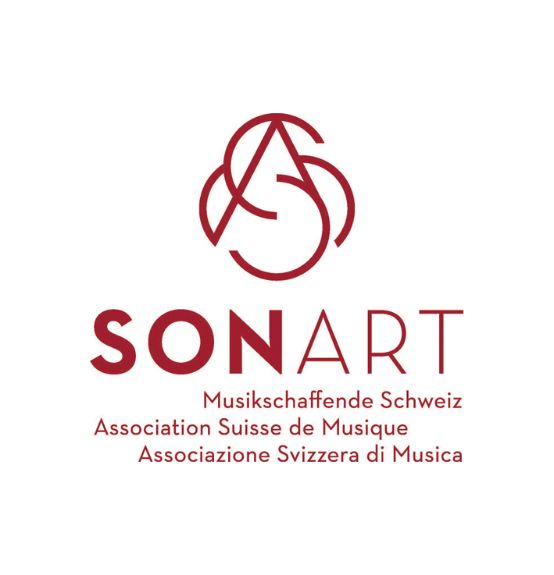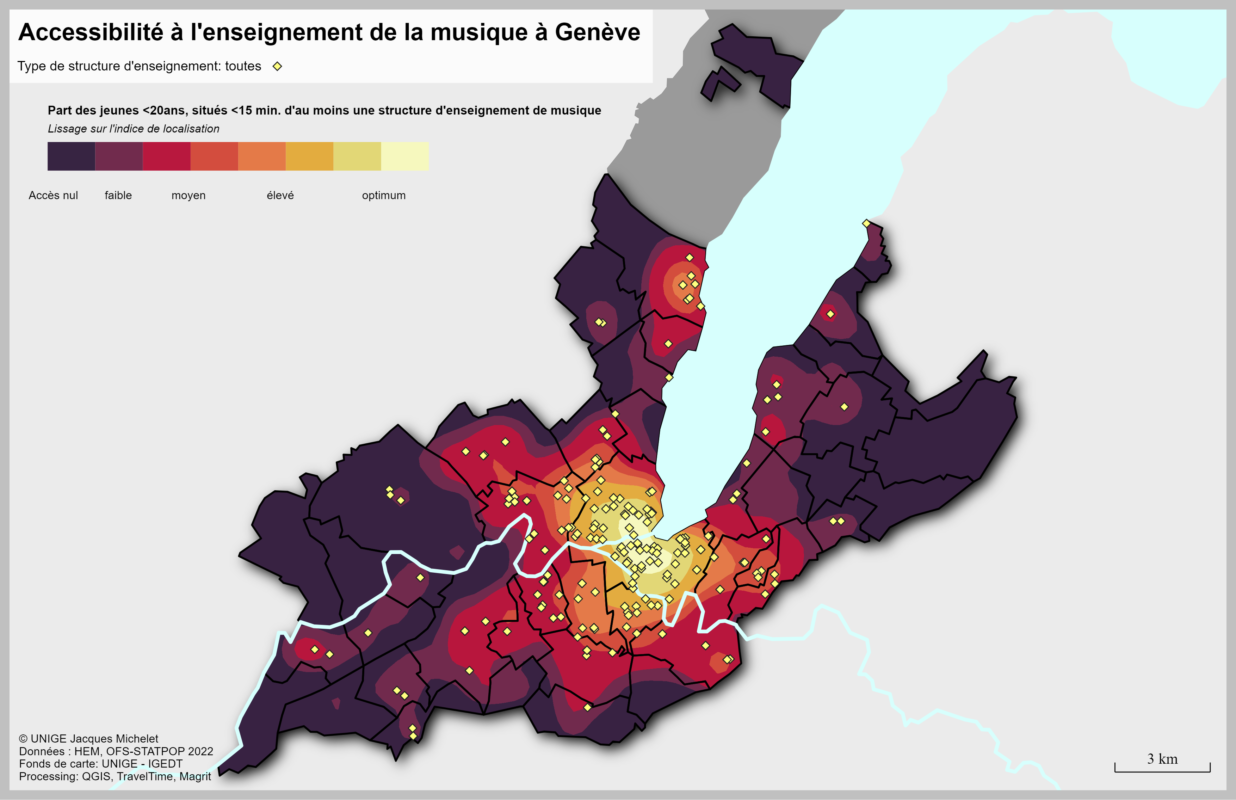De musica ticinensis (FR)

To address the current state of musical creation in the Italian-speaking part of Switzerland, we have opted for a very special literary form: dialogue.
The meaning of this hearing in the form of an exchange is drawn from the illustrious examples of Socrates and Plato. We've chosen dialogue because its archaic nature helps us to better imagine a condition that seems cruelly lacking in modernity. Here, then, is an imaginary - but not so fanciful - dialogue between two Swiss-Italian musicians.
Fabio is sitting at a coffee table in a shady corner of the terrace.
Zeno joins him a few minutes late and without preamble calls out to his interlocutor:
"So it's true, you've moved back to Ticino! Who forced you to do that?"
"Life's mysterious coincidences! But why should I have been forced to return? Are you implying that life in Ticino is not recommendable or even desirable?"
"It all depends on your point of view. If you turn around to admire the reflections of the lake at sunset or savor the warm caress of that autumn breeze, then yes, life in Ticino could indeed look like an absolute ideal."
"That's all! But what's supposed to ruin my life then?"
"Listen, Fabio. You grew up here, started your musical studies and, while you were still young, left to attend the best Swiss academies north of the Alps. You then embarked on a career as a freelance musician and creator between the French and German-speaking parts of Switzerland, in an environment that is conducive to supporting and developing your skills."
"It's true, that's pretty much how it happened. But shouldn't what you're describing also be possible around this lake, in the only region representing Switzerland's third culture? The institutions are there, as far as I know..." At these words, Fabio's face closes.
"Indeed, the institutions are there, but they have other priorities."
"What do you mean?"
Zeno lets out a long sigh. A sigh that expresses the fatality of having to plunge back into his everyday worries. "From an academic point of view, for example, the only musical training available is classical. On the other hand, there's nothing to support people who choose to make music creation their profession, whatever the style."
"Are you sure? According to the reports I've read, the Canton of Ticino invests nearly 6 million francs in music every year!"
"That's true, but almost all of this money (around 85% to be exact) goes to people who reproduce the music of our ancestors, with no connection to contemporary musical creation in Italian-speaking Switzerland."
"And the remaining 15%?"
"Around 13% of this share goes to event organizers, most of whom program works or musicians from outside the company."
"You wouldn't happen to be a little chauvinistic and Ticino-centric, would you?"
"Not at all: on the contrary, I love music from all over the world. The problem is that we've grown up in a place where we've always believed that the only possible musical path is to repeat the music of the past and listen to that of others."
"I admit it's not very logical..."
"It's the quintessence of provincialism but also the total undervaluation of what culture is and what it should always be."
"But still?"
"A representation - dialectical, not univocal - of who we are as human beings."
"It's a good thing our local authorities at least take action to help those involved in music creation!"
"Think again. There are virtually no programs to support or accompany music creation. None, you hear? Even if we are there, we go unnoticed."
This hypothetical dialogue took place some two years ago. Fabio Pinto has nevertheless settled in Ticino and continues to make music. He headed the first office of the Sonart association south of the Alps. Zeno Gabaglio, too, is continuing his musical journey, and today still heads the musical sub-commission for the canton of Ticino. Together, they strive to change things. Although the first timid results have been achieved, the reality is still a long way from what could be described as a fair and normal condition.

To address the current state of musical creation in the Italian-speaking part of Switzerland, we have opted for a very special literary form: dialogue.
The meaning of this hearing in the form of an exchange is drawn from the illustrious examples of Socrates and Plato. We've chosen dialogue because its archaic nature helps us to better imagine a condition that seems cruelly lacking in modernity. Here, then, is an imaginary - but not so fanciful - dialogue between two Swiss-Italian musicians.
Fabio is sitting at a coffee table in a shady corner of the terrace.
Zeno joins him a few minutes late and without preamble calls out to his interlocutor:
"So it's true, you've moved back to Ticino! Who forced you to do that?"
"Life's mysterious coincidences! But why should I have been forced to return? Are you implying that life in Ticino is not recommendable or even desirable?"
"It all depends on your point of view. If you turn around to admire the reflections of the lake at sunset or savor the warm caress of that autumn breeze, then yes, life in Ticino could indeed look like an absolute ideal."
"That's all! But what's supposed to ruin my life then?"
"Listen, Fabio. You grew up here, started your musical studies and, while you were still young, left to attend the best Swiss academies north of the Alps. You then embarked on a career as a freelance musician and creator between the French and German-speaking parts of Switzerland, in an environment that is conducive to supporting and developing your skills."
"It's true, that's pretty much how it happened. But shouldn't what you're describing also be possible around this lake, in the only region representing Switzerland's third culture? The institutions are there, as far as I know..." At these words, Fabio's face closes.
"Indeed, the institutions are there, but they have other priorities."
"What do you mean?"
Zeno lets out a long sigh. A sigh that expresses the fatality of having to plunge back into his everyday worries. "From an academic point of view, for example, the only musical training available is classical. On the other hand, there's nothing to support people who choose to make music creation their profession, whatever the style."
"Are you sure? According to the reports I've read, the Canton of Ticino invests nearly 6 million francs in music every year!"
"That's true, but almost all of this money (around 85% to be exact) goes to people who reproduce the music of our ancestors, with no connection to contemporary musical creation in Italian-speaking Switzerland."
"And the remaining 15%?"
"Around 13% of this share goes to event organizers, most of whom program works or musicians from outside the company."
"You wouldn't happen to be a little chauvinistic and Ticino-centric, would you?"
"Not at all: on the contrary, I love music from all over the world. The problem is that we've grown up in a place where we've always believed that the only possible musical path is to repeat the music of the past and listen to that of others."
"I admit it's not very logical..."
"It's the quintessence of provincialism but also the total undervaluation of what culture is and what it should always be."
"But still?"
"A representation - dialectical, not univocal - of who we are as human beings."
"It's a good thing our local authorities at least take action to help those involved in music creation!"
"Think again. There are virtually no programs to support or accompany music creation. None, you hear? Even if we are there, we go unnoticed."
This hypothetical dialogue took place some two years ago. Fabio Pinto has nevertheless settled in Ticino and continues to make music. He headed the first office of the Sonart association south of the Alps. Zeno Gabaglio, too, is continuing his musical journey, and today still heads the musical sub-commission for the canton of Ticino. Together, they strive to change things. Although the first timid results have been achieved, the reality is still a long way from what could be described as a fair and normal condition.








